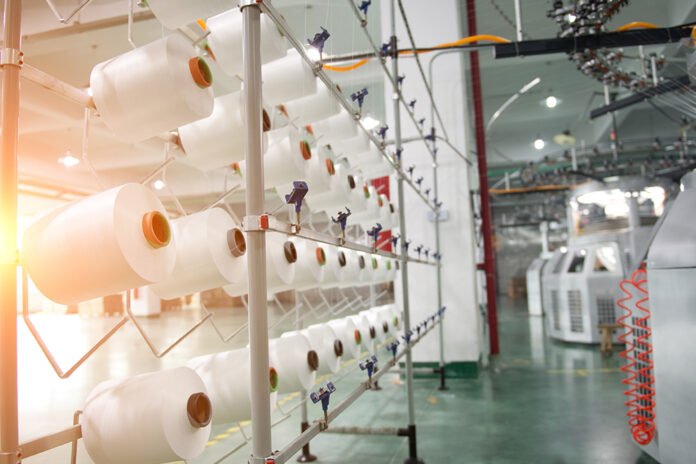Extreme cash flow crunch and high production costs have immensely damaged export growth and adversely impacted the textile industry. Exports are falling consistently both in value and quantities; the Government’s immediate intervention is solicited to check the drastic downfall in exports.
PTEA leadership termed severe liquidity crunch and high production cost as major causes of export decline. They appealed to the Government to rescue the ailing textile industry as the extreme cash flow crunch has squeezed the financial streams and breading liquidity jerks. Massive working capital of textile exporters has been held in sales tax, income tax, and Provincial sales tax refund regime increasing the financial stress, and textile exporters are unable to enhance their export turnover. Working capital requirements have significantly increased due to exchange rate adjustments.
Furthermore, despite a firm commitment of 72 hours, the processing of sales tax refund claims under the FASTER system has been delayed for a month; whereas the processing of regular and deferred sales tax refund claims has also been suspended for over a month. The situation has been further complicated as the initiatives announced in textile policies under the incremental exports scheme (DLTL), Markup Support and technology upgradation fund scheme are still unpaid. Ready for payment DLTL claims have also been stopped. This is having an adverse impact on the employment and the economy of the country. Lack of basic working capital has been a cause of serious concern for exports and a major setback to industry, they said. Government should set its priorities right and accord preferential treatment to boost exports and generate industrial activities.
Terming the high cost of production as another major issue, PTEA leadership was of the view that abrupt policy reversals are immensely damaging the export pace. Withdrawal of Regionally Competitive Energy Tariffs shall turn out to be hugely disastrous for the Punjab-based textile industry which is already facing a serious blow of non-viability within the country.
Withdrawal of regionally competitive energy tariff (RCET) of electricity @Rs. 19.99/kWh will render the textile industry, especially in Punjab, uncompetitive within the country and the region. The price difference between electricity prices in Punjab and Sindh is more than 3.65 times as EOUs in Sindh can generate electricity at Rs.11/kWh from gas being provided at $4/MMBtu while Punjab gets RLNG at $9/MMBtu. Industries in Sindh are using low-priced gas for their industrial needs; whereas the highest revenue-generating Punjab-based industries are compelled to use high-cost RLNG for their production process which is quite an injustice. Government must take cognisance of serious matters and step up to save the Punjab-based industry from disaster as high energy cost is holding it back from growing up to its full potential.
This is all the more required given the uncertain economic conditions prevailing in the country, they added. The government should encourage exports and export-oriented sectors to have long-term sustainability in the balance of payments. Textile exports have witnessed a massive increase of over 55 percent from $ 12.5 billion in FY 2020 to $19.5 billion in FY 2022 as a direct consequence of the competitive energy tariff. They urged the Government to implement of Weighted Average Cost of Gas (WACOG), the only workable solution which allows the creation of a combined and logical gas market.
Government must take cognisance of serious matters to safeguard the country’s exports and employment. The textile industry is the only hope for the revival of the country’s economy which is currently jolted by the high cost of doing business.



